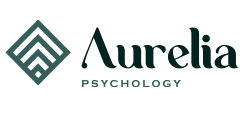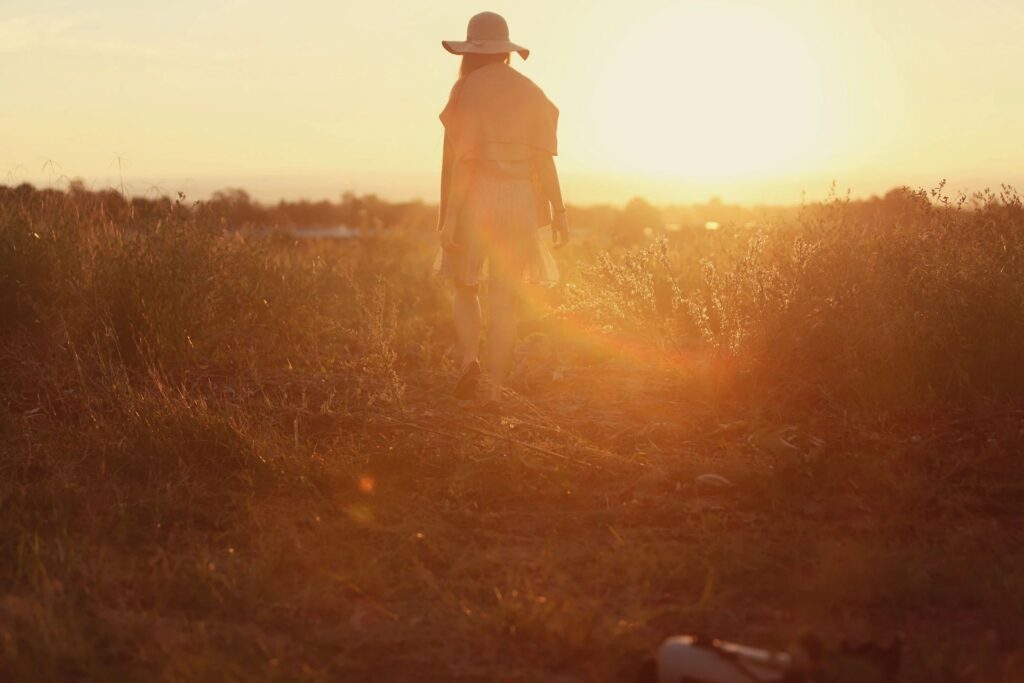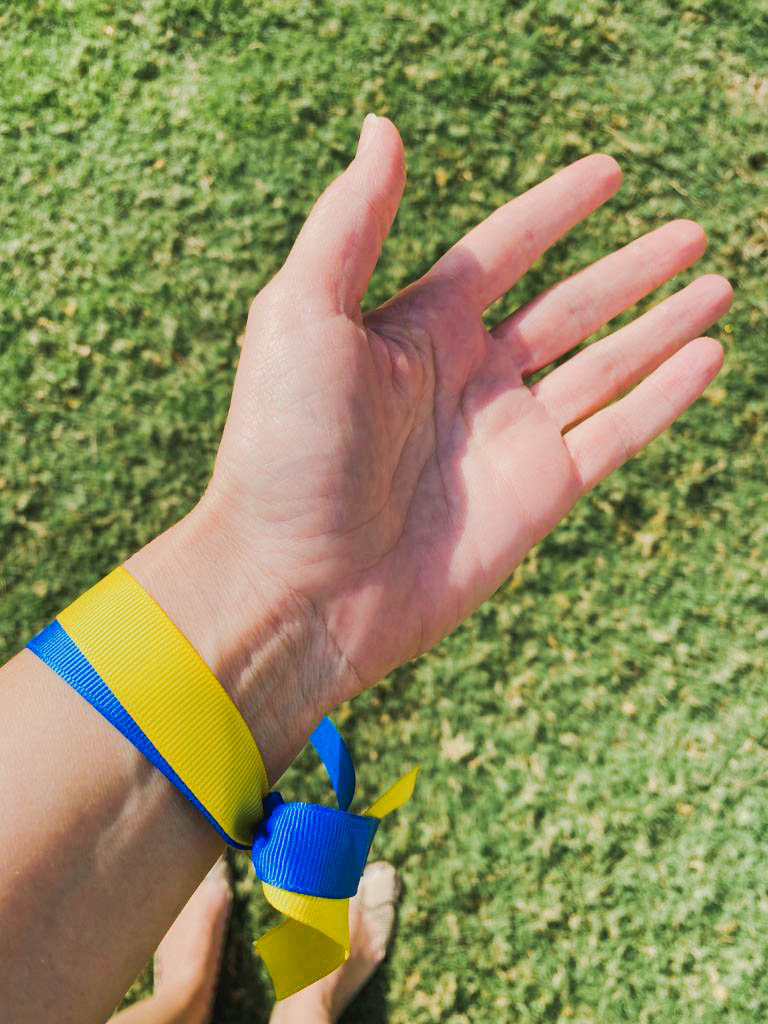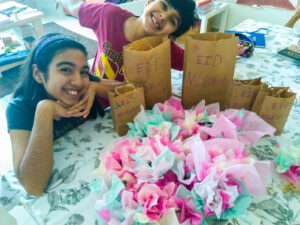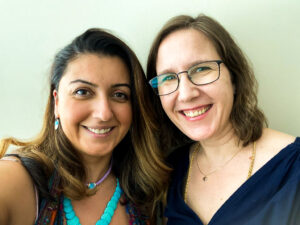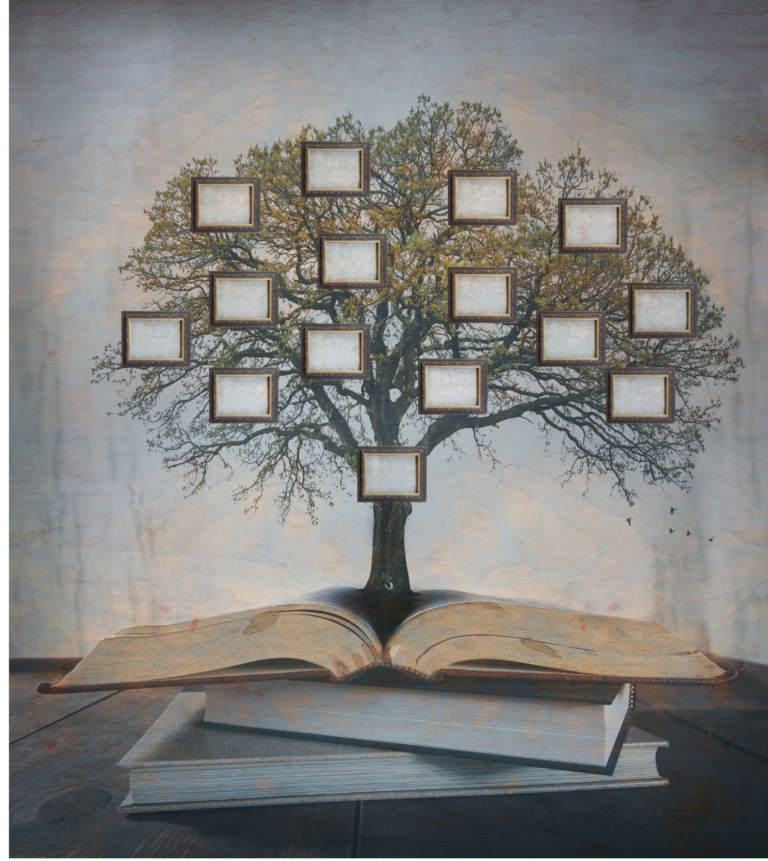In March we launched a call for action on our social media called One Thing Today. We guided you day by day, with one thing you can do each day, to increase your emotional wellbeing. We organized this by three phases: Beginnings, midpoints, and endings which you can apply to days, weeks, months, years, or even across any time lines such as work projects. Here’s a summary of one thing you can do to handle endings mindfully.
Why reflect on endings?
Are you getting closer to the end of the school year, or the end of a billing month, or the end of a sales quarter, or toward the end of the day? If nothing exciting has happened during the period that has just passed, don’t write it off as a failure. Endings should be honored.
Life is not about the bottom line and it’s not about the grades. It’s about what kind of person you are becoming as you are going through your journey. Reflect on the period that has just passed and take this time to drop anything you are holding onto too tightly.
You can even close your eyes, and imagine dropping just for a moment certain visions or plans you had, or certain resentments and negative feelings you have been holding on to. Just drop it all for a moment. Imagine them at your feet. Take a breath. Do you feel lighter? Do you feel an urge to pick it all up again? Refrain just for a moment. See what’s remaining, sadness, more anger, disappointment? Drop that too. Do you start criticizing yourself and telling yourself “How silly are you? Don’t be so shallow?” Drop the chatter too.
Practice mindfulness to gain some distance and perspective as you are getting closer toward endings. After that you can pick up whatever you want again, but for those few minutes you may be able to see more clearly what is worth picking up and putting more energy into and what may be worth laying to rest.
1. Take a short break toward the end of your day.
As counter-intuitive as it sounds, taking a break from your work increases your productivity. When we work on one task for too long, our focus and commitment becomes weaker. Take frequent short breaks to maintain your concentration, especially toward the end of your day.
Do not remain seated in front of your screen during your break. Get up and walk for five minutes. It will refresh your mind and body. Drink plenty of water! You can maximize your break’s positive impact if you take the walk with a colleague or loved one.
But don‘t talk about stressful things in your break! Want to boost your alertness even more? Take the walk outside or somewhere where you can look at nature, whether they are trees outside the window or the office pot plants. Still want more from your break? Leave your phone at your desk and take a device free walk. Don’t try to multitask!
2. Organize and declutter your space.
Just as you need to create space in your mind, you need physical space to think clearly. Clear your desk and your drawers, get rid of anything you don’t need. Close all unused tabs on your screen. Take a blank piece of paper and say to yourself, “I have (fill in the blank) hours/minutes remaining from my day, I will use this time to…“ What do you want to get out of the rest of your time?
There is no point feeling guilty about whatever you haven’t accomplished. Focus on what you can do with what’s remaining in your day. And if organizing your space is the only thing you can do then that is ok. If going home to say goodnight to your children is the only think you can do, then do that. If paying one bill is all you have time for, then do that. At least you will have one less thing to “worry about” when you start your day the next day.
After you cleared physical space pick ONE THING you want to do with what’s left in your day, you week, your month, or your year.
3. Allow endings to energize you.
Endings are unavoidable in life. Days end, projects end, life stages end and even the greatest of love affairs end eventually.
Endings can energize us. When we see the end in sight, we want to get there faster or achieve more. Or, we may want to achieve something we have not yet done, as often happens when we are reaching the end of a decade and we realize that there is a challenge we want to take on.
Deadlines are based on this energizing effect. When we know that we only have a limited time to complete something and that that time is running out, we spur into action.
Are you nearing an end of a task or a life phase and could add some energy to it?
4. Be selective in life.
Older adults have smaller social networks than younger adults. This may not be surprising but the reason behind this may not be obvious. Older adults choose to have less friends because they intentionally reduce the size of their social network. As time goes by older adults invest in the quality of their relationships over quantity. They are aware that they do not have forever to live and want to make the most of the time they have.
This intentional editing of relationships does not only apply to older adults. It applies to all of us who are nearing an end of any life stage, such as moving to another city or changing jobs. We become more aware of the limited time that we have left in this stage, focus on the present and use our time wisely.
Conversely, when we believe that we have a lot of time ahead of us, we orient ourselves towards the future. We focus on relationships and activities that may be useful for them at some later point in time.
Is there anything in your life that you can edit out? Are you carrying a lot of unnecessary stuff? Are you engaged in unimportant activities? Find out what is essential for your wellbeing and let go of the rest.
5. Assess your day and prepare for tomorrow.
Before you finish your day, put aside 20 minutes to assess what you have achieved today and have a look at what lies ahead tomorrow. Celebrate your successes, accept your mistakes and thank yourself, your family and your team for the day you had together.
Give yourself some time to plan the next day as well. Create a priority list or sketch the flow of your following day. Leave your plan somewhere separate either literally (e.g., on a desk or at the table near your door) or figuratively. It will be waiting for you tomorrow when you start your day or the beginning of the week or after you return from your break. You do not have to carry your plans with you everywhere.
Ask yourself: How will I feel if I end my day with a moment to close the day and prepare for the next one? What obstacles may I face in putting some time aside to reflect and prepare? How can I overcome these obstacles?
6. Differentiate between work or chores and free time.
It is important that you create a transition from work (and for stay home parents work means home learning, taking care of chores, running errands, paying bills, etc.) to free time (which means when it’s time to unwind and relax). This is especially crucial if you are working from home.
You need to make sure work does not seep into the time when you are to rest and recover from your day. We all have a stress recovery bucket which needs to be filled with rest and relaxation. It is difficult to be prepared for tomorrow if you do not allow yourself to fill up your stress recovery bucket.
Create a ritual to help you transition from work to free time. Going for a walk or taking a shower and changing your clothes can be ways of creating a symbolic transition.
What could be your transition ritual? Especially, if you are working from home it is difficult to make a clear transition from work to time off. Create a transition ritual that allows you to move from work mode to time off mode.
7. Let the stress go!
We carry stress and worry in our bodies every day. Some of the stress is not optional, some of it is self-inflicted.
You can de-stress and start winding down from the day by moving your body or having a moment of connection with a loved one. Other ways to let go of today’s stresses are tapping into your imagination or creativity, by relaxing your breath, laughing or even crying.
What is your favourite de-stressing technique? Does it work well? Can you try a healthier or different one sometimes?
8. Say goodbye to today with gratitude.
This moment will never come back, nor will this day. Today was a gift. Be grateful for the day you were given. Gratitude is restorative and elevates our mood. End your day on a high.
Even if a task is incomplete you can still say goodbye to it until tomorrow, in fact this can give you a motivational boost and push you into action the next day as you know exactly what you need to do.
Endings are often bittersweet. We feel happy about our child graduating from high school but sad about them leaving home. We are excited about our new job but will miss our old colleagues. Do not be afraid of bittersweet endings. A hint of sadness elevates the happy experience rather than dampening it.
9. Reflect: What will you remember of today?
The human memory is an interesting one. We forget a lot and quickly and our memories are unreliable. We also do not remember all parts of what happens equally well. For example, when it comes to unpleasant experiences we remember best the most intense moments as well as the endings. When we recall events and make decisions, what happens at the end seems to matter more than the beginning, the middle or even the whole experience.
As you sit down to reflect on your day, be mindful if you are allowing the end of the day distort your perception. Maybe most of your day was quite pleasant but the last part of your journey was volatile. Don’t allow the ending of your day, your week, month, or year distort your perception of the whole experience.
10. Create a healthy bedtime routine.
Endings are a time for rest and relaxation. Beds are ideally for sleep only. Bedtime is not for eating meals or for working. Set aside some time for a healthy bedtime routine and practice optimal sleep hygiene.
Take 30-60 minutes to wind down. Close the curtains and dim the lights. Then spend some time on basic end-of-day things such as brushing hair and teeth, taking a shower, washing your face, moisturizing, getting into pyjamas. Wrap yourself in some warm blankets or a robe. Maybe have a night time tea such as camomile. Listen to soothing music or meditate.
Everything in your evening and before sleep should send signals to your body that it is bedtime. Adjust your bedtime to help you drop off to sleep. What in your bedtime is not conducive to rest?
Be the best you can be. Do one thing that will make you feel better than yesterday.
Our ‘One Thing Today’ calendar, gave you small suggestions in which you can improve your emotional health. The aim is not to try to do them all every day. The aim is for you to explore the numerous little things that you can do that make a difference but do not become lengthy projects that distract you from your responsibilities. We have offered many different suggestions and perspectives on emotional well-being because what works for one person, will not work for another.
Find your own One Thing Today that makes a real difference to you. What helps you rise above the person you were yesterday and makes you a better person today? From time to time revisit Good Beginnings and Important Midpoints. You can find all One Thing Today videos here.
Matleena Vanhanen is a licensed Counselling Psychologist with over 20 years of experience working in Europe and the Middle East. She has a practice of couples and individual therapy at the MapleTree Center in Dubai.
Dr. Ava Ghasemi (Holdich) is a licensed Psychologist with 11 years experience in the U.S., Canada and the Middle East. She has a practice of individual and couples therapy at the MapleTree Center in Dubai.
